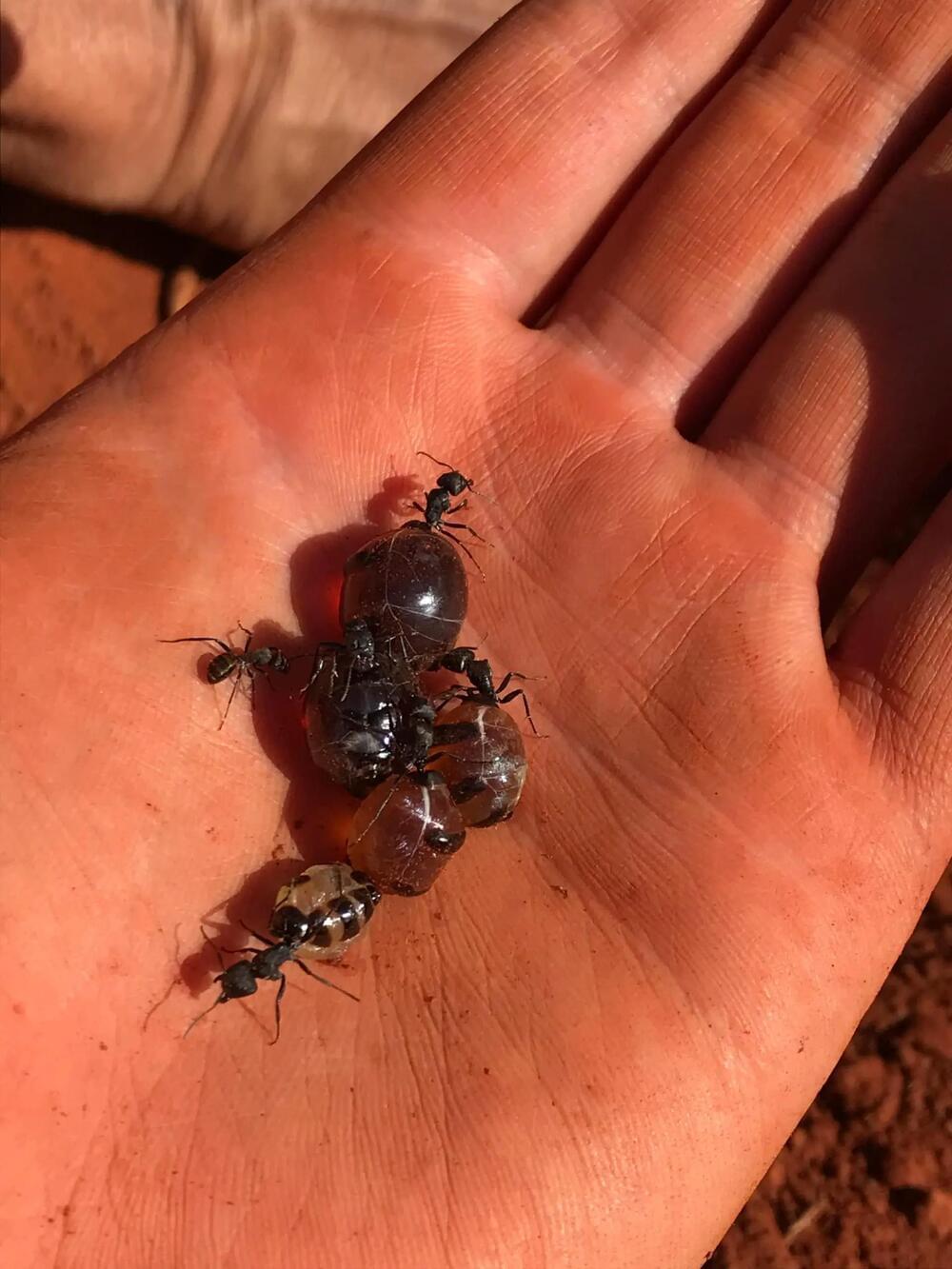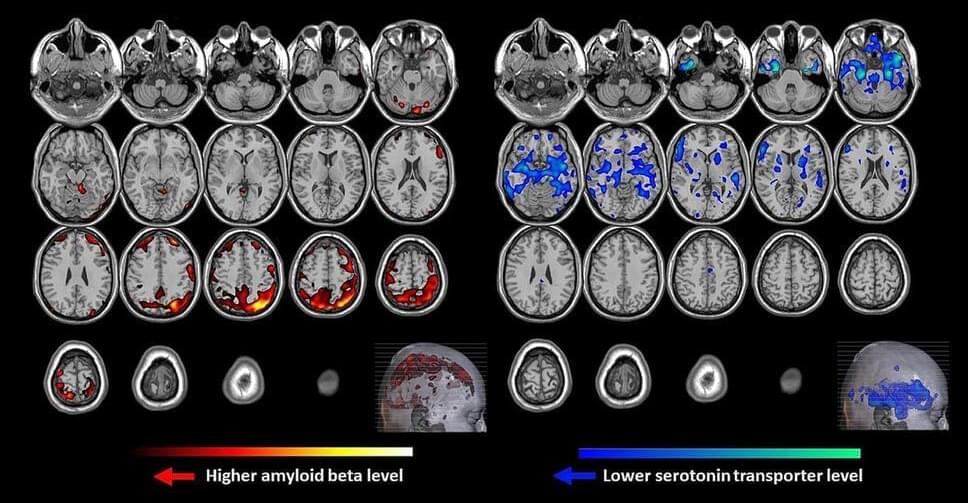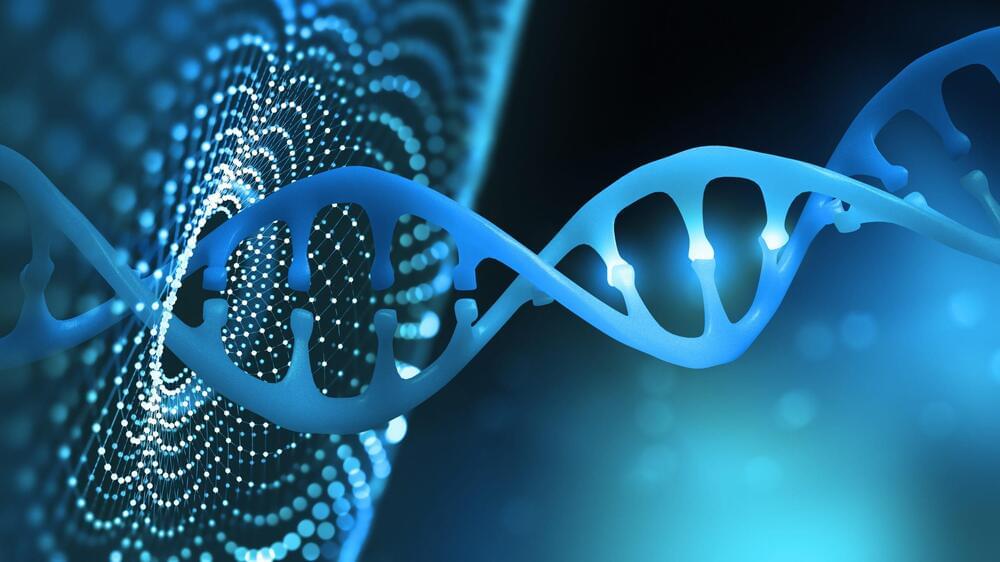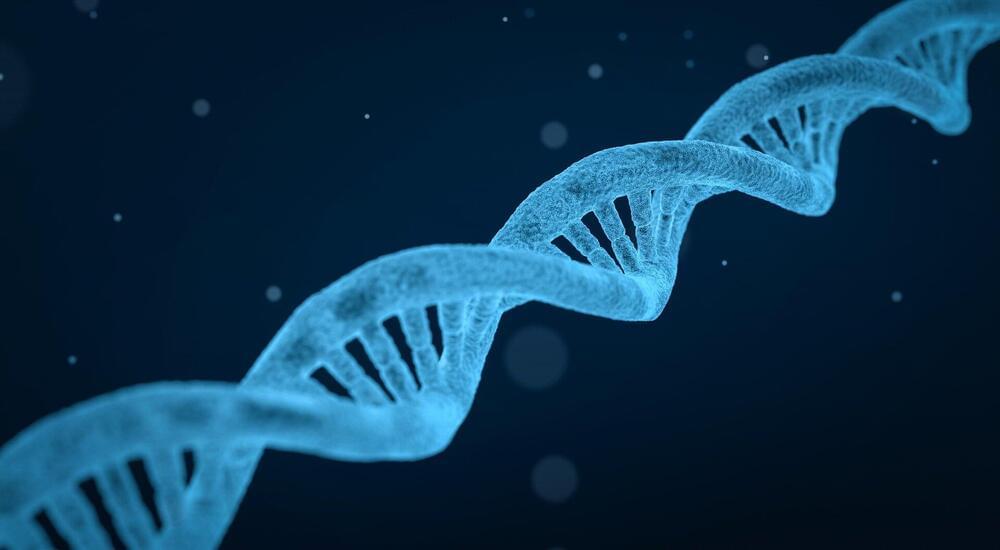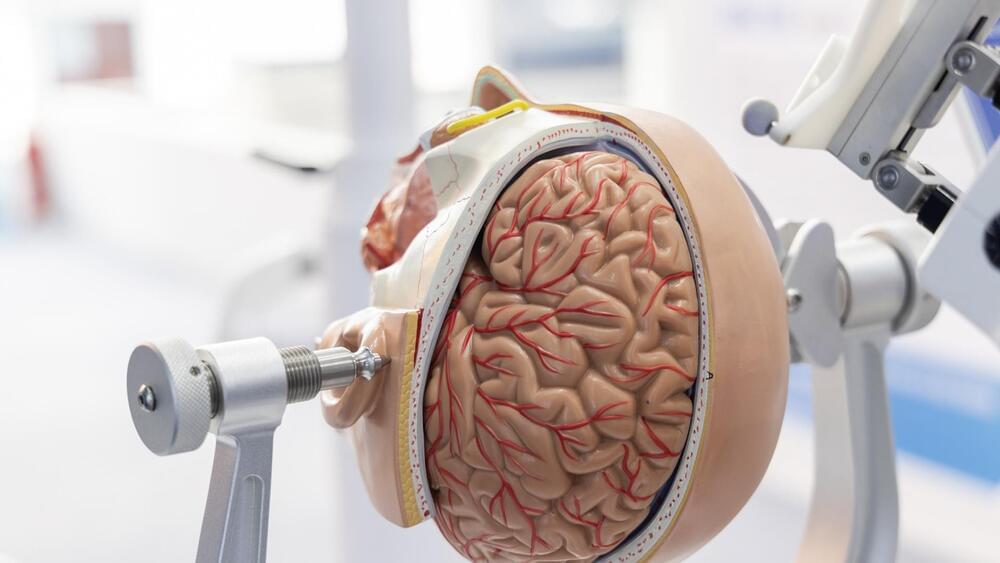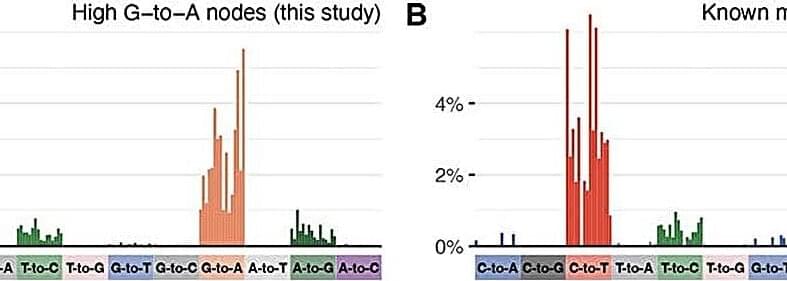Researchers have found that the honey produced by ants native to Australia possesses unique anti-microbial activity against bacteria and fungi that could make the liquid useful medicinally.
The study, which was recently published in the journal PeerJ, was led by Andrew Dong and Dr. Kenya Fernandes from the Carter Lab at the University of Sydney. The lab is under the guidance of Professor Dee Carter from the School of Life and Environmental Sciences and the Sydney Institute for Infectious Diseases.
The team studied the Australian honeypot ant, Camponotus inflatus, which is found throughout desert areas mainly in Western Australia and the Northern Territory.
